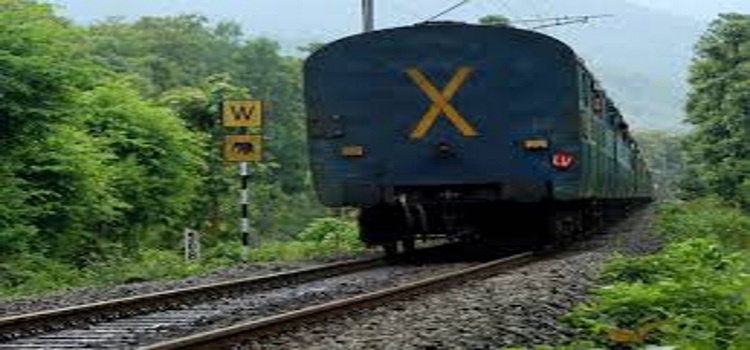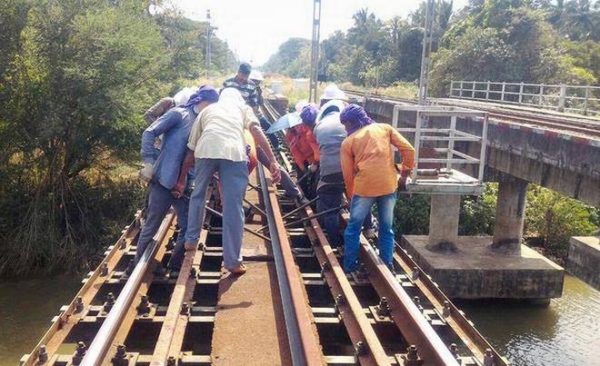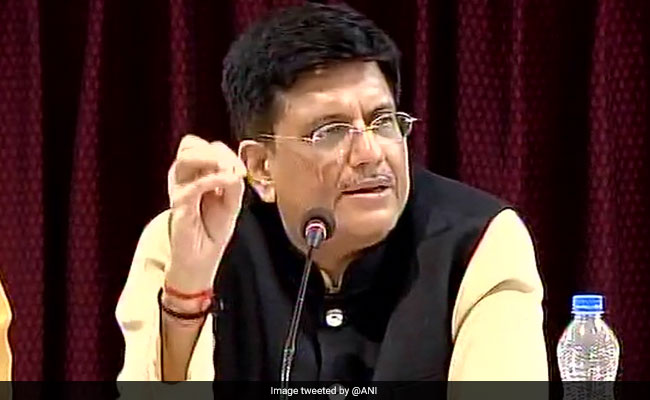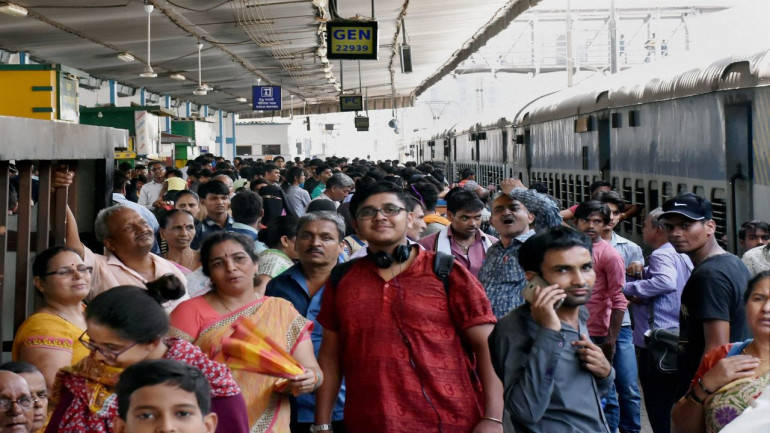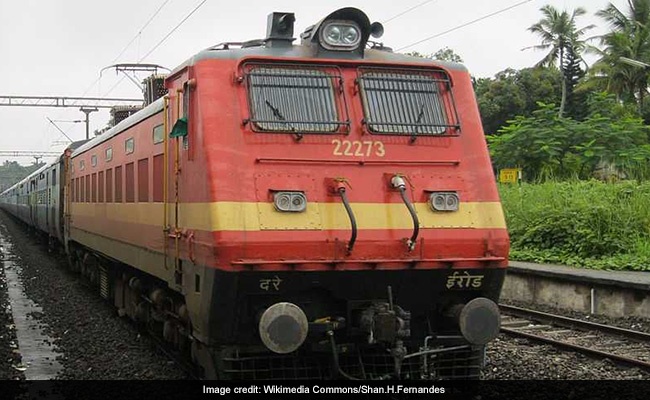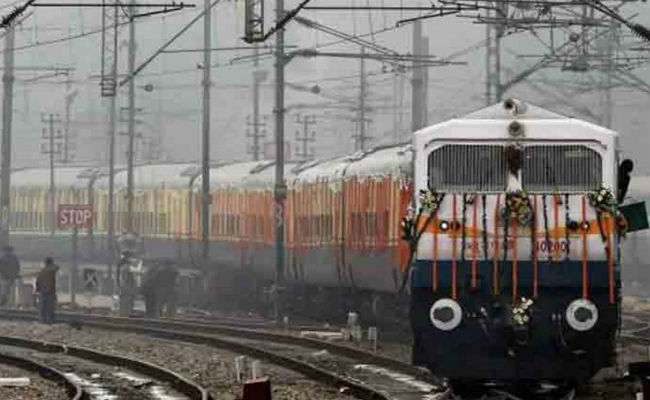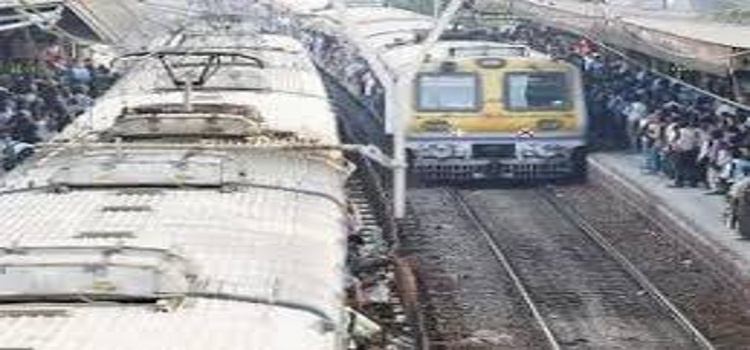
The State Human Rights Commission (SHRC) has asked Railways to accord top priority to track maintenance works in the Thiruvananthapuram railway division to avoid late running of mail and express trains.
Punctuality of the trains and safety are rights of rail users, acting chairperson of the commission P. Mohandas noted in his order on Tuesday on a complaint filed by social worker Devadas on the speed restrictions.
Quoting media reports, Mr. Devadas had petitioned the commission that a speed restriction of 30 km an hour had been enforced on trains in the State in view of the defects in the Thiruvananthapuram-Shoranur rail corridor.
The SHRC chairperson had asked the Divisional Railway Manager to specially take care of punctuality of trains and safety of the commuters.
The Railways, in a report to the commission, had said no speed restrictions had been imposed to take up the track maintenance works. Steps had been taken to detect the fissures in the track and to rectify them.
The Railway Board is being informed of the track maintenance works and works are being taken up on the basis of the funds being made available by the ministry annually. Railways also have machinery and specially trained personnel to detect deficiencies in the railway track and to restore them.
Railways should ensure speedy travel through the rail network and safety of commuters taking into consideration the interests of the public, the chairperson noted.


